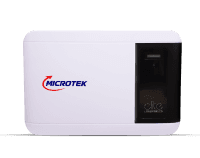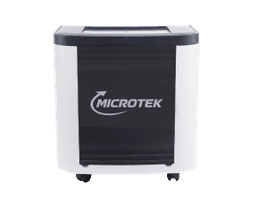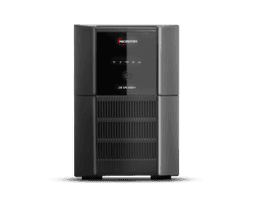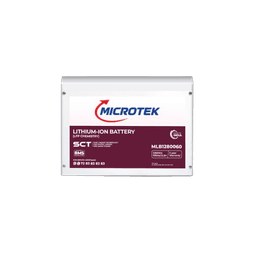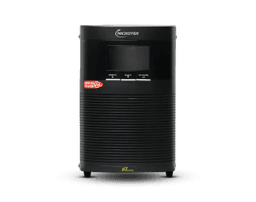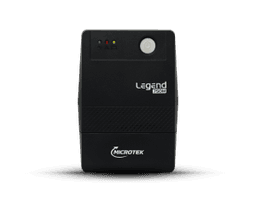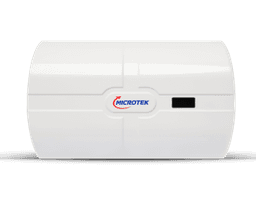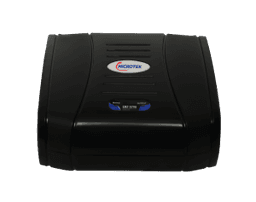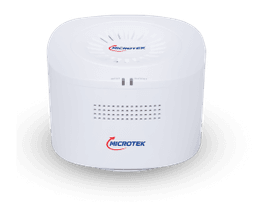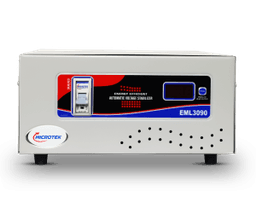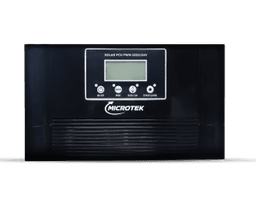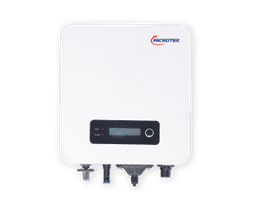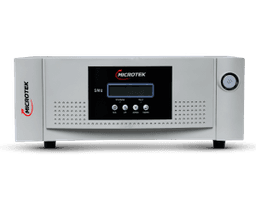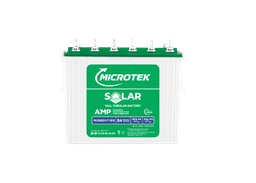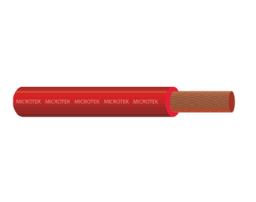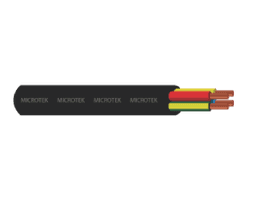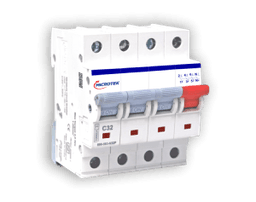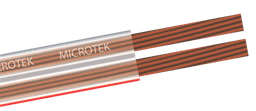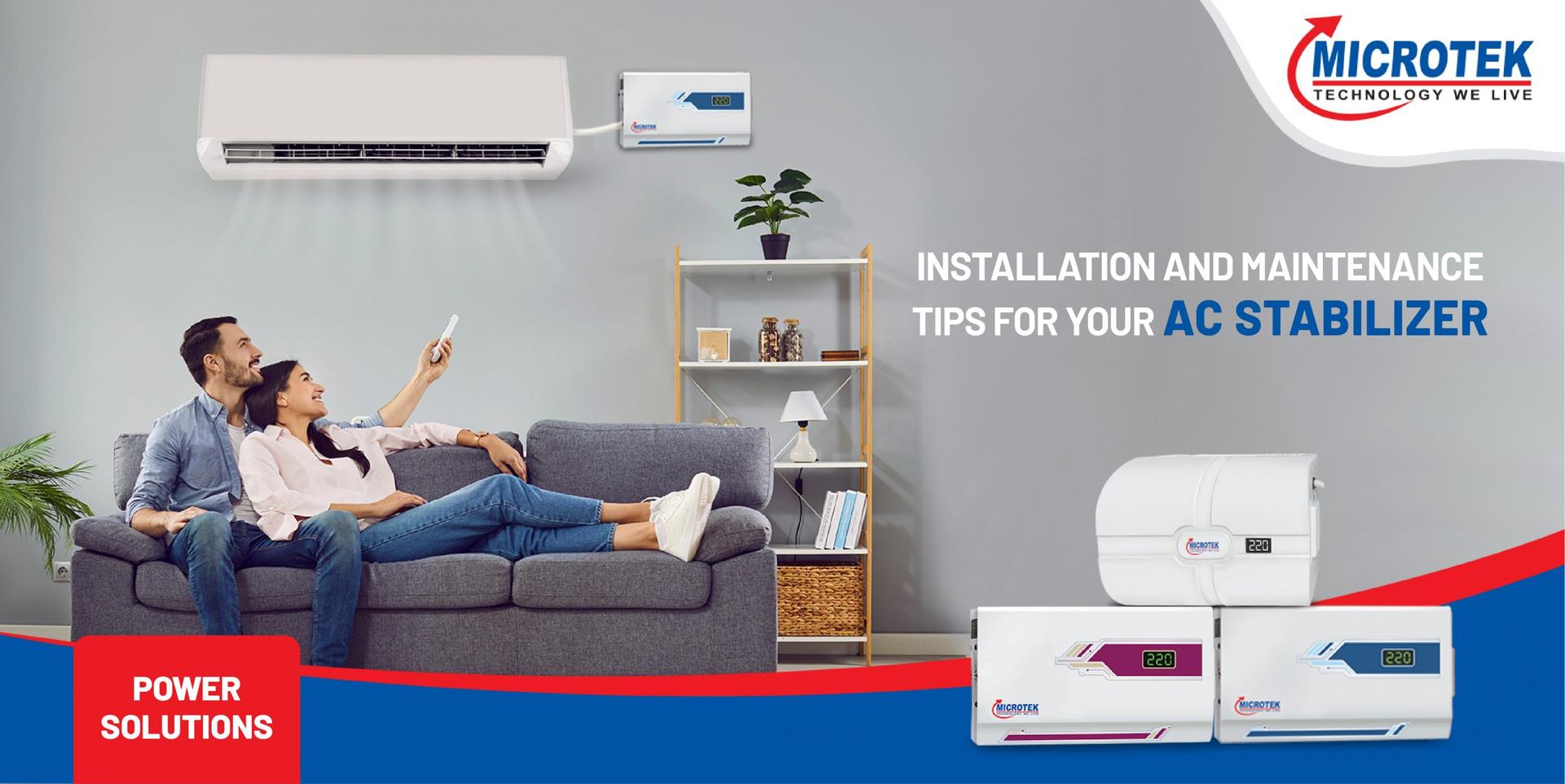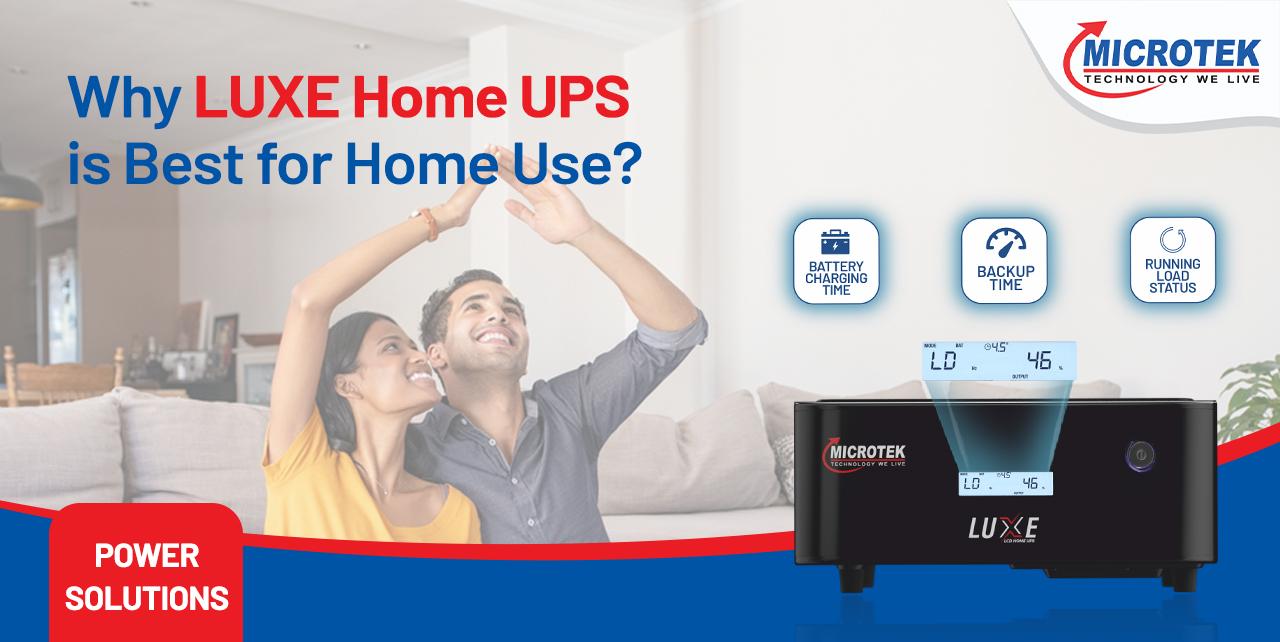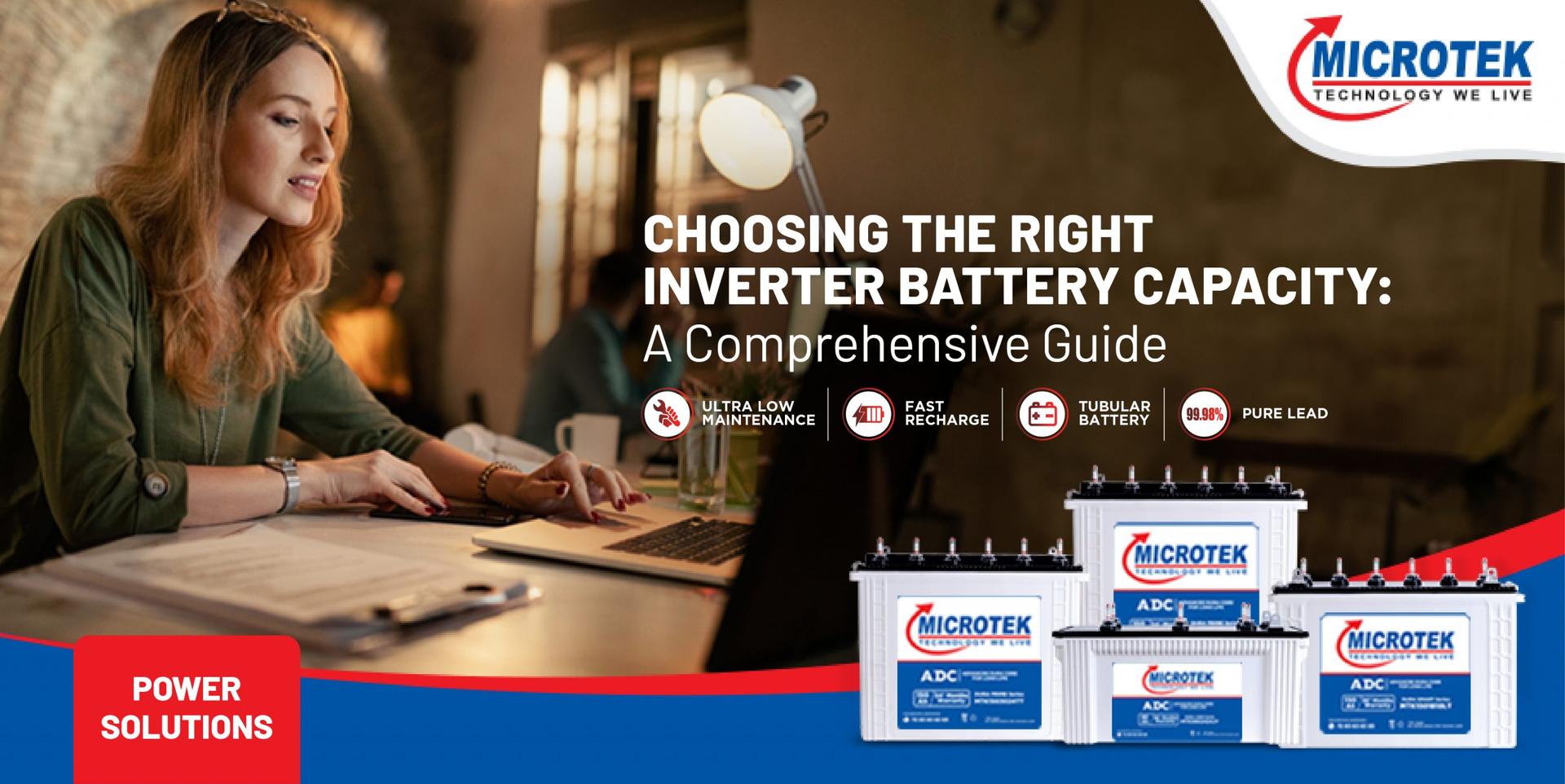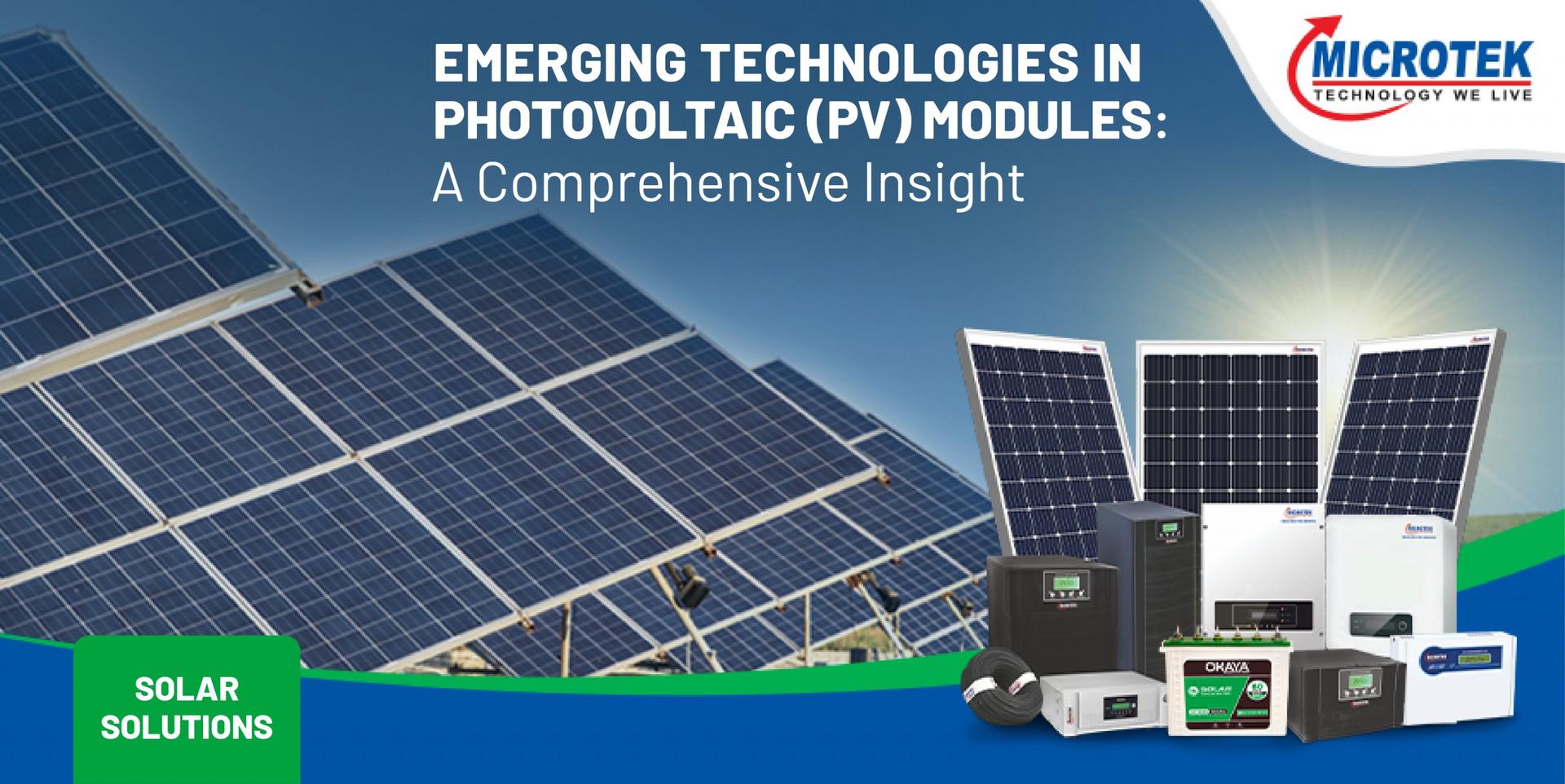
What Are The Pros And Cons Of Grid-Tied Solar Systems?
Solar fuel has transformed into a lot more prevalent these days. Many individuals are picking solar boards to save funds and utilise pristine power. One standard sort of solar system is a grid tie solar inverter system. This system links to the electricity grid. It authorises individuals to utilise solar energy and grid energy together. However, is it an exemplary option for everyone? Let’s glance at the defects and usefulness.
Grid-Tied Solar System: A Practical Overview
A grid tie solar inverter system links to the provincial energy grid. It has solar boards, an inverter, and even a meter. During the daytime, the boards accumulate daylight and rotate it into electricity. This energy can be utilised in the residence. If added energy is created, it belongs to the grid. At nighttime or during overcast days, electricity from the grid is used.
Now, let’s scour the benefits and drawbacks of this system.
Grid-Tied Solar Systems: The Pros
1. Lower Electricity Bills
With these systems, solar energy lowers the demand for grid electricity. This leads to lower electricity invoices. If the system produces extra power, it can be sent to the grid. Many areas offer net metering, which gives credit for this extra power.
2. No Need for Batteries
The grid tie solar power system does not need expensive batteries. They use the grid for backup power. This makes the system more affordable. It also reduces maintenance costs.
3. Dedicated Power Supply
When the sun is blazing, solar boards induce electricity. At nighttime or on overcast days, energy comes from the grid. This indicates there is still electricity unrestricted.
4. Easy to Install and Maintain
These systems are uncomplicated to designate. They need fewer components than off-grid systems. Without batteries, maintenance is easier and cheaper.
5. Environmentally Friendly
Solar power is uncluttered and renewable. Utilising a grid-tied system lowers the demand for fossil energy. This stimulates lower smog and carbon emissions.
6. Increases Property Value
A home with a solar system is often worth more. Buyers like homes with lower energy costs. This makes it a good investment.
Cons of Grid-Tied Solar Systems
1. No Power During Outages
A grid-tie solar power system closes down during an energy outage. This is a security measure; if the sun is gleaming, the system will not operate. A backup battery or generator is required to preserve energy during blackouts.
2. Relies on the Grid
This system depends on the power grid. If the grid is unstable, there may be problems. People in areas with frequent power cuts may need a better solution.
3. No Full Energy Independence
Since the grid is needed, homeowners are still connected to energy companies. This means electricity prices and policies can still affect them.
4. Initial Cost Can Be High
Although prices have dropped, solar panels and installation still cost money. Many people need financing or incentives to afford a system.
5. Net Metering Rules Vary
Not all places offer net metering. Some areas give lower credits for extra power. This can affect savings.
6. Limited Savings in Some Areas
Electricity rates and sunlight availability affect savings. In spots with affordable electricity or soft sunlight, the usefulness may be smaller.
Is a Grid-Tied Solar System Perfect for You?
This system is splendid for individuals who want to diminish energy outlay without employing batteries. It is adequate for zones with suitable sunlight and unchanging energy grids. However, individuals in spots with systematic energy outages may require a mixed or off-grid system. Make sure to check your budget, do some research, compare the outlays, and then proceed further with purchasing such inverters.
Final Thoughts
Grid-tied solar systems have many advantages. They save funds, assist the setting, and need less maintenance. However, they do not perform during energy outages and count on the grid. It is momentous to evaluate individual demands before picking a system. With a suitable structure, solar power can be a tremendous asset for tomorrow. If you’re scrutinising the finest inverters, you should go for brands like Microtek. Microtek delivers top-tier inverters that will not just serve brilliantly but will also persist longer. Homeowners should aim for Microtek’s products as they come with warranties, and their excellent customer service department will help them find solutions to all their queries.
- Copy :

